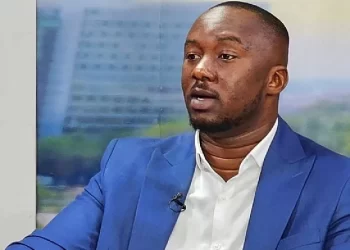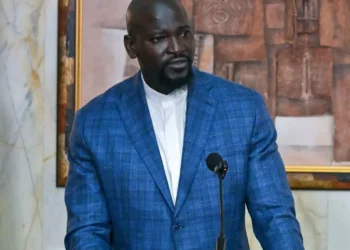The Youth Employment Agency (YEA) is tightening its systems to ensure that beneficiaries of its sanitation module and other initiatives are paid fairly, only after proper verification.
CEO of the Youth Employment Agency, Malik Basintale, explained that he assumed office to find both assets and liabilities, including arrears owed to some beneficiaries. At the time, some individuals had not received payments for one or two months of work.
Addressing journalists after appearing before the Public Accounts Committee (PAC), Basintale said the decision was taken early on to avoid paying beneficiaries who were not actively working.
To achieve this, audits were conducted across the country to confirm who was genuinely at post. According to him, this was the only way to protect taxpayers’ money and prevent fraudulent claims.
“The validation was conducted, and we got the real number of persons on the grounds. Like I told the committee, yesterday we approved payment of two months for persons who had been validated.
“I can state emphatically that whoever has not gotten their two-month payment and is not at fault; that person can challenge us anyway.”
Malik Basintale

He revealed that the audit process brought to light certain discrepancies, with some beneficiaries advocating for posting despite not being active in their roles.
Basintale stressed that public funds could not be spent on individuals staying at home without contributing to the program.
Strict Measures To Prevent Future Abuses
The YEA chief further announced that the coming weeks would see the clearing of outstanding arrears, but this time under tighter rules.
He drew parallels with past cases under the National Service Secretariat, where funds were paid to people who were not eligible. To prevent similar abuses at YEA, continuous validations and audits will remain central to operations.
Basintale clarified that while ghost names were not discovered, audits identified several inactive persons within the system.
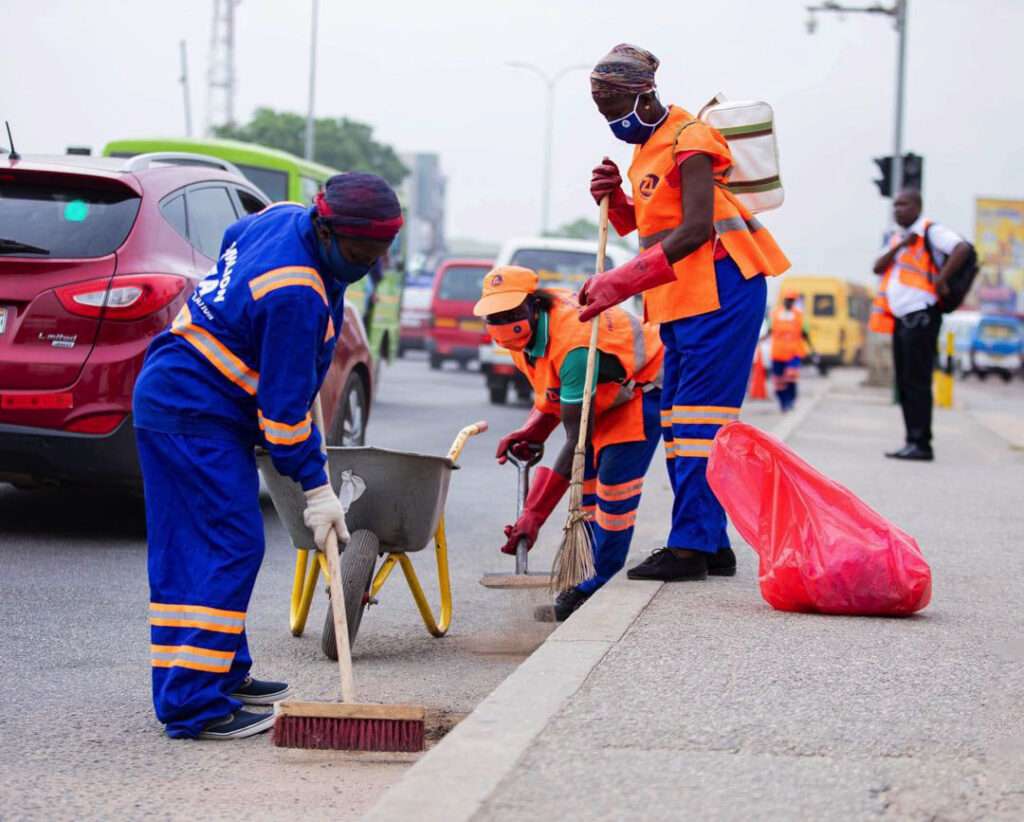
He estimated that the YEA currently manages close to 5,000 beneficiaries across various modules, including community policing, prison assistance, and sanitation. “But those who are validated can confirm that as of this morning, their monies have trickled into the receipt.”
He also explained that differences in contract arrangements between YEA and local assemblies often created confusion.
While the YEA’s sanitation contracts cover specific areas such as main roads and half a meter inside those roads, assemblies handle a broader scope of work. This distinction, he said, needed to be better understood to avoid misperceptions.
Push For Improved Conditions Of Service
In a significant policy shift, Basintale highlighted his commitment to improving the financial welfare of YEA beneficiaries.
He reiterated his earlier position that no future contracts would pay beneficiaries below the minimum wage.
“When I took over the office, you remember that I had to swear by my father’s group that we were not going to sign any contract that would pay them 258 cedis. I said so because 258 cedis was unreasonable.
“And in this modern era, paying someone 258 cedis… In fact, dashing someone 258 cedis even means you’ve done nothing. Not to talk of paying someone 258 cedis as salary. If you dash someone 258 cedis today, you only say thank you because it’s free money, not because you’ll be able to do a lot for him.”
Malik Basintale
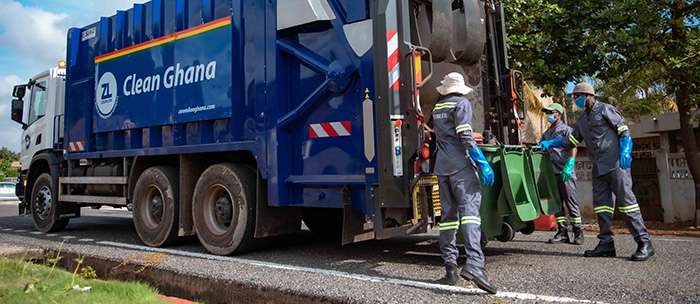
He maintained that in any future arrangements, no beneficiary would earn less than the national minimum wage.
Plans are underway to implement as much as a 300% increment in payments, ensuring beneficiaries earn decent wages for their contributions to sanitation and other initiatives.
YEA Funding Challenges And Way Forward
Basintale also addressed challenges in the agency’s partnership with Zoomlion, the service provider.
He disclosed that YEA currently owes Zoomlion, which in turn affects payments to beneficiaries.
He explained that the agency must settle its debt before the provider can clear outstanding payments to workers.
“If we don’t pay Zoomlion, they can’t pay them. And as it stands now, we are owing. I can’t say offhand, but we are owing. I mean, when you owe someone, you must admit that I owe you. And then you say I’m apologizing. I plead with you to give me time to pay.”
Malik Basintale
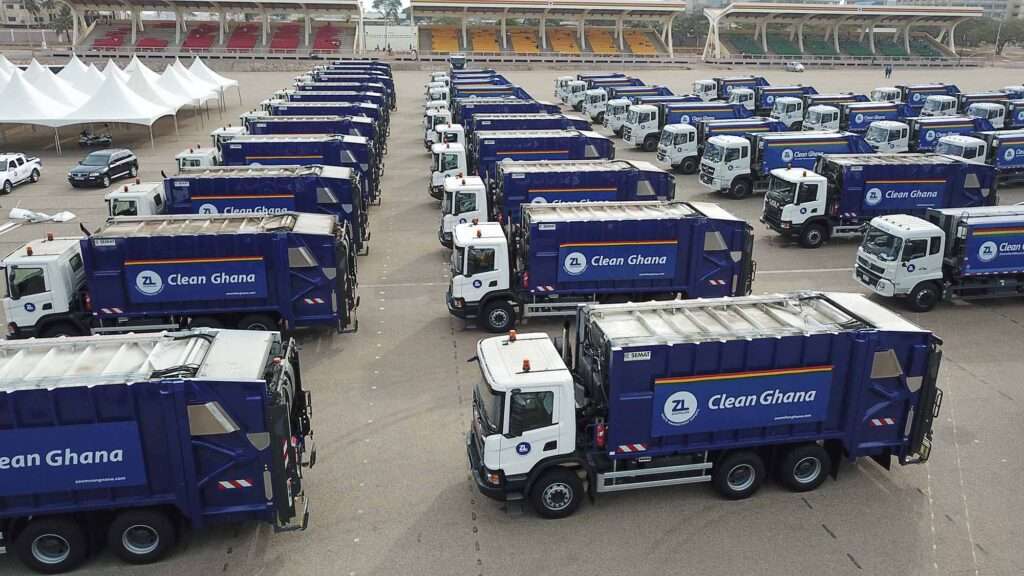
The CEO also attributed recent delays in payments to challenges with the allocation of the District Assemblies Common Fund.
According to him, President Mahama directed that 80% of the funds be channeled to assemblies to boost local development.
“But you know, our allocation to the sanitation model also comes from the common fund, and that’s 10%. So there was a struggle in the formula, but we are trying to rectify it. And once that is done, we’ll get our money, we’ll pay the service provider, and they will pay them.”
Malik Basintale
Basintale expressed confidence that future contracts will improve efficiency, ensure better monitoring of sanitation work, and guarantee fair and timely payments to all validated beneficiaries.
READ ALSO: Mariah Carey To Receive Video Vanguard Award at 2025 MTV VMAs

